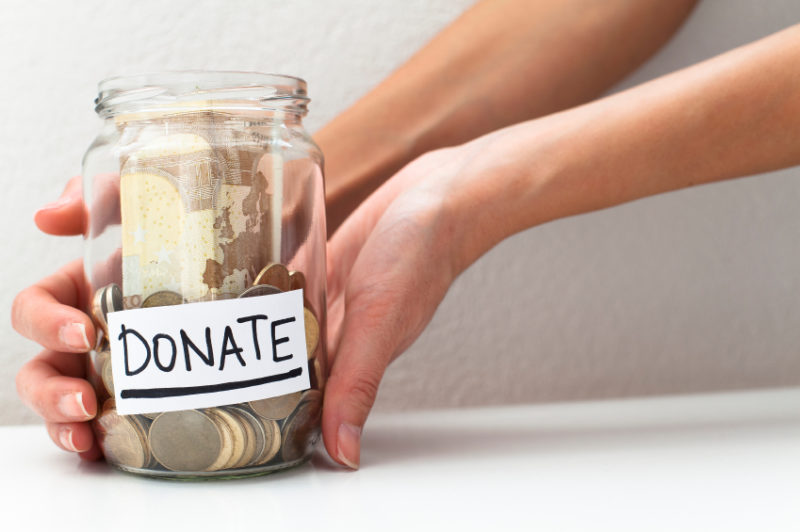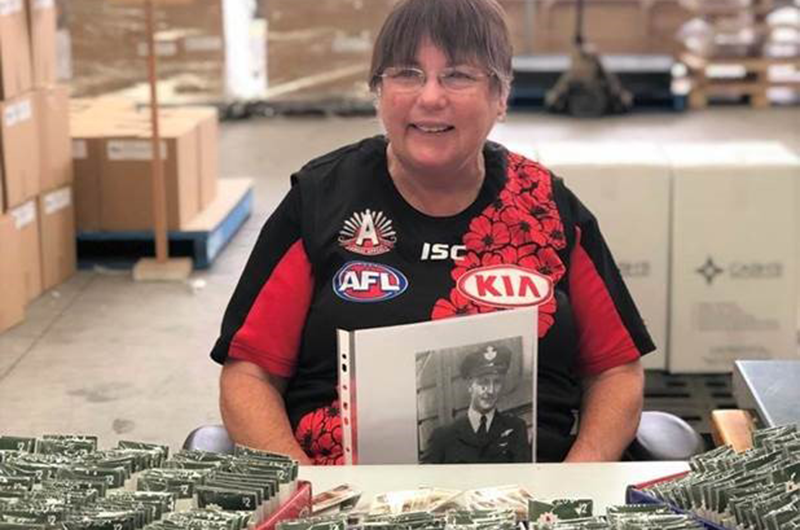
Top tips to avoid charity scams
It’s Charity Fraud Awareness Week and the Australian Charities and Not for Profit Commission is warning people to watch out for fake charities.

So far in 2018, Scamwatch has received 689 reports of fake charities scams with more than $320,000 in reported losses.
“Australians are very generous, donating billions each year to thousands of different charities. Unfortunately scammers are increasingly using people’s generosity against them by setting up fake charities to fleece them,” ACCC Deputy Chair Delia Rickard said.
To ensure that your money goes towards a legitimate charity organisation, Scamwatch has provided some simple tips.
Make sure the charity is registered
All legitimate charities need to be registered with the Australian Charities and Not for Profit Commission (ACNC). A quick check of their website will tell you if a charity is real or fake.
Make a donation online or over the phone
Fake charities operate in a number of different ways. Scammers may approach people on the street (for example posing as a monk, or a collector for a specific cause) or at their front door.
Ensure your donation is going to a legitimate charity by phoning them directly or making a donation via their website. However, some scammers may also set up fake websites which look similar to those operated by real charities. Make sure you are on the charity’s official website before making a donation.
Ask for identification
At any time you are considering giving a financial donation directly to a charity staff member or volunteer in person, make sure you ask to see their identification and ask for a donation receipt to be provided.
“Legitimate charities do employ door knockers and street collectors. But rather than just hand your money over, ask to see their identification and don’t be shy about asking questions about the charity such as how the proceeds will be used. If you have any doubts about who they are, do not pay, go the charity’s legitimate website and pay through there,” Ms Rickard said.
Be paper-safe
Other precautions you can also take include ensuring any donation form or coupon you receive in the mail is completed and posted back directly to the charity in a sealed envelope, and if you are attending a charity fundraising event ensure that you hand any completed forms with credit card details directly to a charity staff member or volunteer with identification.
“Also, avoid any arrangement with a stranger that asks for up-front payment via money order, wire transfer, international funds transfer, pre-loaded card or electronic currency, like Bitcoin. Legitimate charities don’t solicit donations in this way,” Ms Rickard said.
Read more latest news, client stories and more from VincentCare.
At VincentCare, financial donations from individuals and businesses enable us to extend our housing and support to Victorians who are at risk or are experiencing homelessness or disadvantage.
“Financial donations to VincentCare enable our dedicated staff to meet often unique or complex requests for support from our clients that fall outside the scope of our other programs which may be funded by Government,” said Fundraising & Partnerships Manager, Shannon Anderson.
“The generosity of our donors and their belief in VincentCare and our work inspires our team to go that extra mile in meeting a special request from a client and to continually come up with new and better ideas for supporting people experiencing homelessness.”
Secure donations can be made at any time to VincentCare via our website www.vincentcare.org.au or by phoning our office during business hours on (03) 9611 9200. VincentCare do not employ street collectors or doorknockers for fundraising.
Scamwatch provides consumers and small businesses with information on how to recognise, avoid and report scams. If you are concerned about a charity approach for donations at any time or want to report a potential scam, go to https://www.scamwatch.gov.au/report-a-scam



